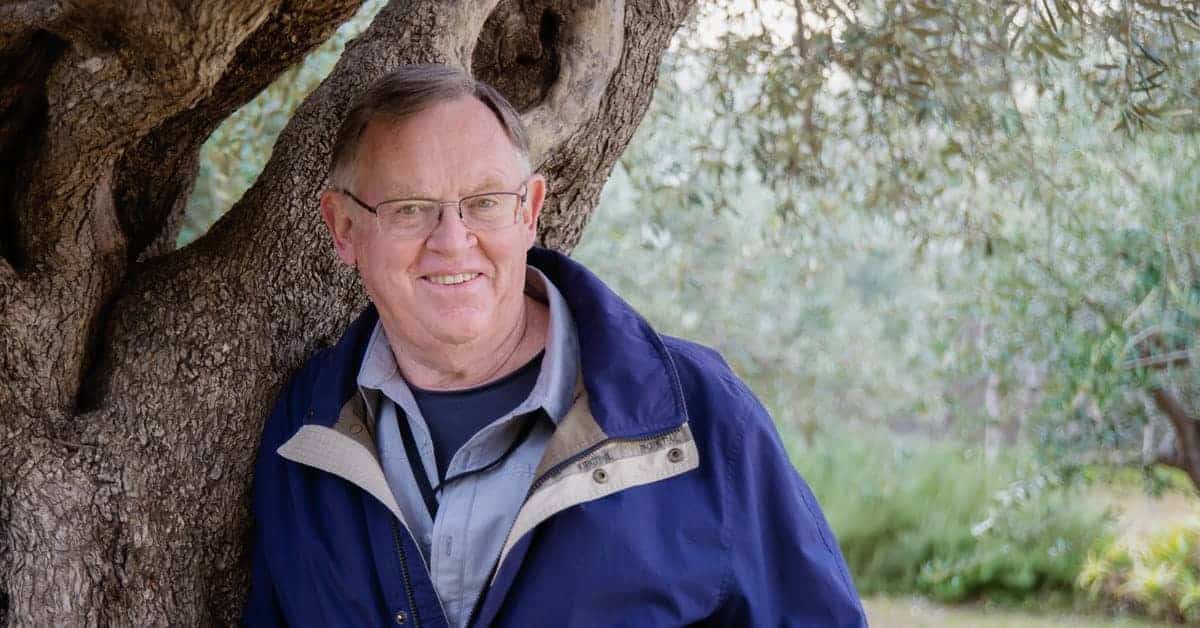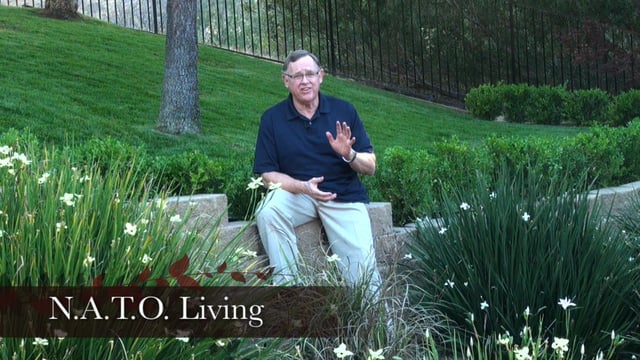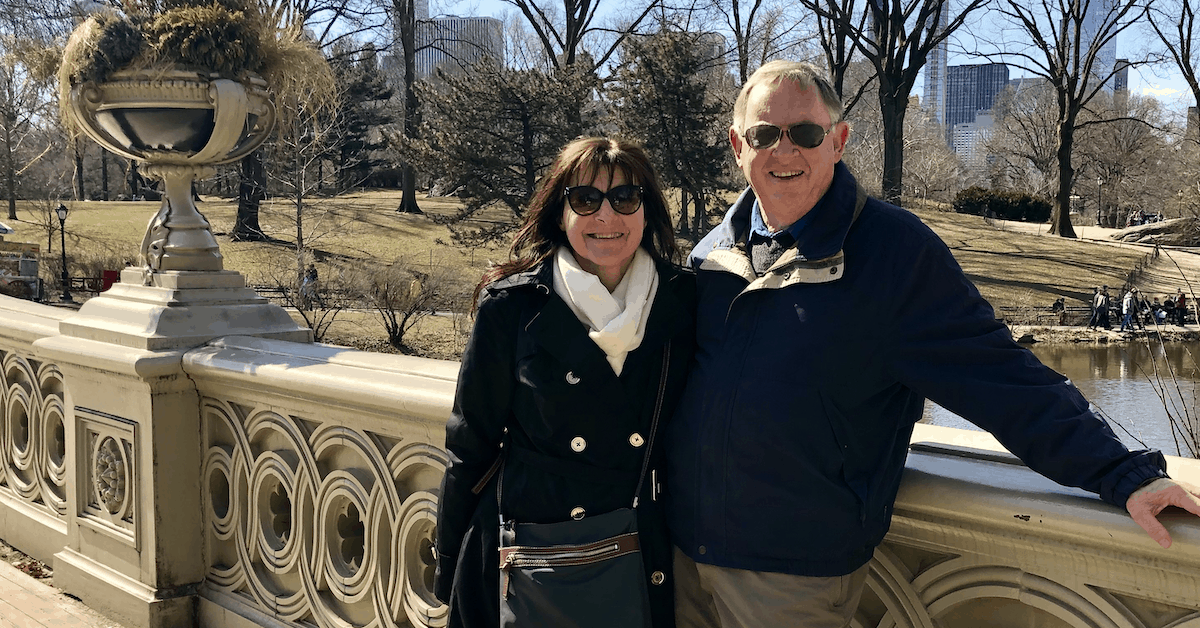I remember the first time I had even heard the notion. It ran so counter to everything I had learned before. “Jesus didn’t come to teach us about God; he came to show us how to live with his Father.” It sounded true when I first heard it, but I had no idea how to process it. As a young pastor at the time all I knew concepts and doctrines to help people understand God and from that they could deduce how to walk with him. It all sounded good. I had no idea how backward it really was.
But it began to change the way I read the Gospels. It made more sense that the writers gave so much room to his engagements with people. I look back some thirty years later and realize that in this small statement a good friend had handed me a precious gift. This life in Jesus is not about getting all the language right; it’s about simply recognizing how God wants to intersect with us.
In two thousand years of Christian history we have molded the words of Jesus into a religion with all its doctrines, rituals, and rules. We’ve told people that by following those pieces they could experience the life of God. No wonder so many people are frustrated that their most ardent attempts don’t seem to let them in on the reality they crave for. Jesus didn’t give us any of those things. He walked with Father and invited us to join him there. By doing so he made everything else tangential.
I was reminded of this last week as I ran across this quote:
“Christ did not establish any doctrine; he acted. He did not teach that there was redemption; he redeemed. Christ’s relationship to God, nature, and the human situation was conditioned by his activity. Søren Kierkegaard
Talk really is cheap. No wonder Jesus preached so few sermons. His life was his sermon, the way he touched people and let God’s work unfold in them. He didn’t tell the woman at the well, Zaccheus, or Peter that they were loved; he loved them. He didn’t parse out the theology of the atonement, he simply saved people from all the places where the world and religion had disfigured them.
Imagine what the world would be like if we’d spent the last two thousand years not debating God’s character, the doctrines of salvation, eschatology, or the nature of the church, but instead learned to live alongside God as Jesus did—to enjoy his love and freely share it with others. Unfortunately we can’t go back and unravel the mistakes of religion, but we can take a different course today. We can turn down the words we use to tell others what they should think, and simply live it ourselves. Instead of talking about love, we love. Instead of talking about reconciliation, we reconcile. Instead of talking about God, we lean into know him and let our lives unfold in him.







